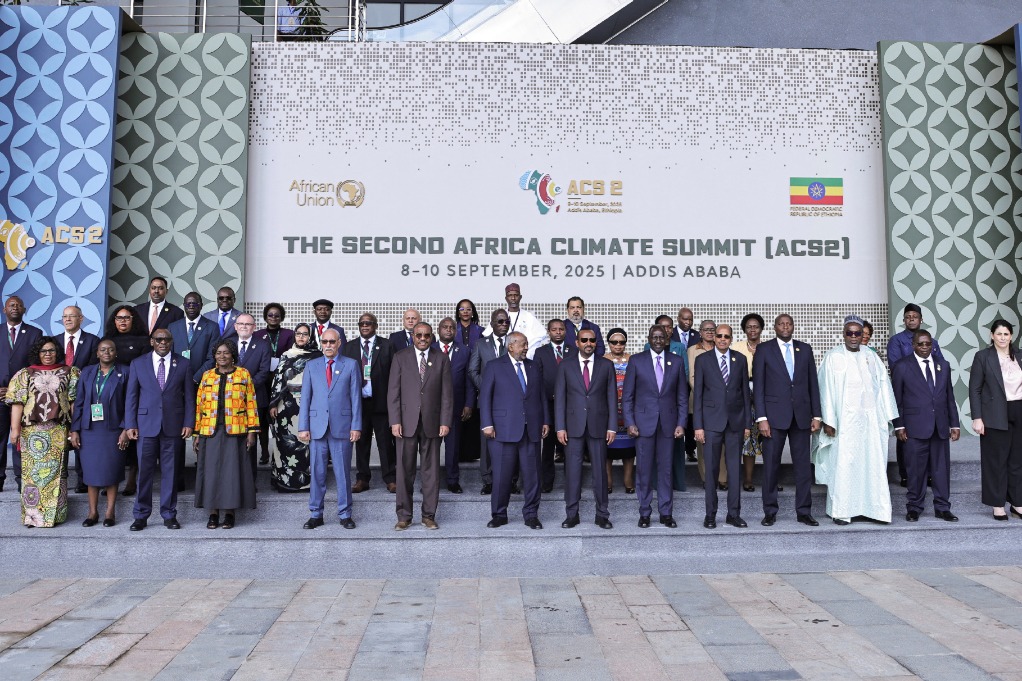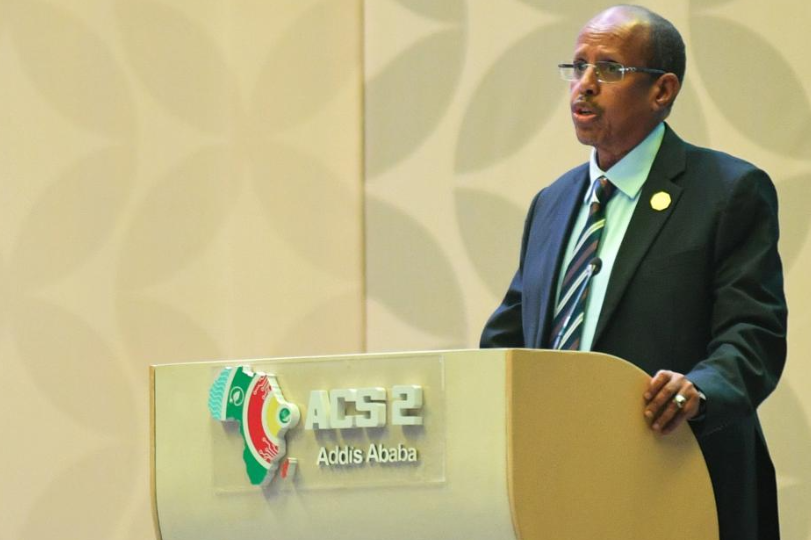China becomes fifth largest importer of Ethiopian coffee

China has become the fifth largest importer of Ethiopian coffee, which is a testament to the discerning taste of Chinese consumers and the strong, collaborative spirit between the two countries, Ethiopian Ambassador to China Tefera Derbew Yimam said.
In the 2024/2025 fiscal year, Ethiopia exported over 34,000 tons of coffee to China, earning over $218 million.
"The rapid growth of our coffee exports to China is more than just a statistic; it is a symbol of the strong and vibrant relationship between our nations," the ambassador said at a news conference on Monday.
It is also a clear signal of the sophisticated and evolving tastes of Chinese consumers who are embracing the unique, premium flavors that Ethiopia offers, he said.
Yimam noted that the burgeoning coffee culture in China, especially among the youth, has found a perfect match in the diverse flavors of Ethiopian coffee — from the floral notes of Yirgacheffe to the fruity, wine-like tones of Harrar.
The relationship between Ethiopian coffee and the Chinese market is not merely transactional; it is a deep and growing partnership built on shared goals and mutual respect, he said.
China's zero-tariff policy has been a game-changer, making Ethiopian premium coffee more competitive and accessible to Chinese consumers and businesses, he added.
In the 2024/2025 fiscal year, Ethiopia exported over 468,967 metric tons of Arabica coffee globally, generating $2.65 billion in revenue.
To further promote Ethiopian coffee in China, the embassy will host the inaugural ceremony of "Ethiopian Coffee Culture Festival" at the end of this year, according to the ambassador.
The embassy will also organize a pre-investment delegation to the African country in October to conduct field studies in agriculture, manufacturing, new energy, coffee, livestock, mining, culture, and tourism, he noted.
Xu Junjun, chairperson of the Ethiopia-China Friendship and Cooperation Committee, said that as the birthplace of coffee, the beverage is not only the lifeline of Ethiopia's economy but also the soul of its culture.
Meanwhile, China is witnessing a growing coffee consumption, with surging demand for high-quality products, she said, adding that this complementarity provides opportunities for cooperation between the two countries.
She said the pre-investment visit aims to leverage China's industrial capacity, technological strengths, and capitals to advance Ethiopia's industrialization, improve rural livelihoods, while opening new markets for Chinese enterprises.
In Ethiopia, around 60 million people depend on coffee cultivation for their livelihood, yet many still face difficult living conditions, she said.
Xu said she hopes that the visit will attract Chinese enterprises to explore ways in investing in Ethiopia's coffee sector, so that cooperation can bring about real improvements in people's lives.































